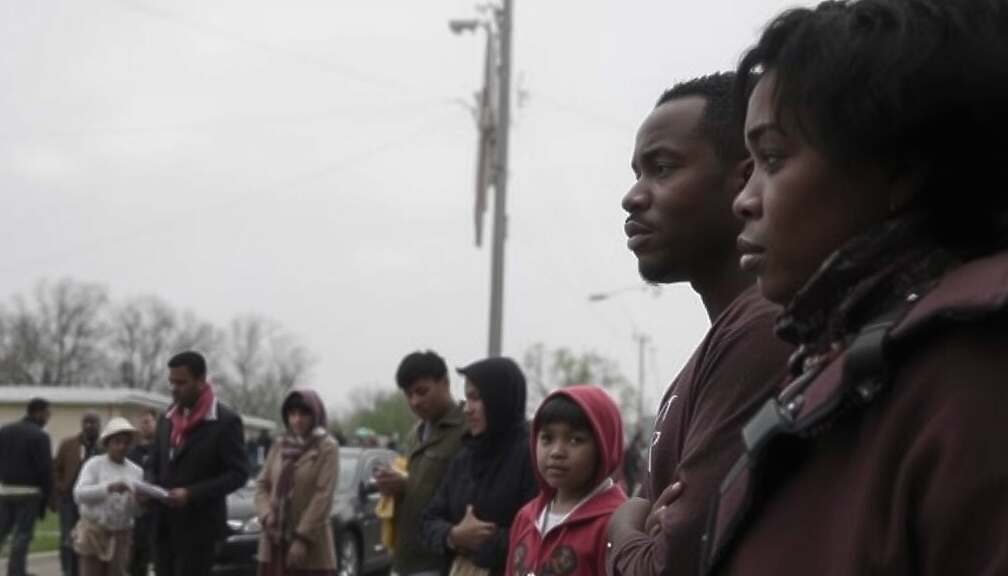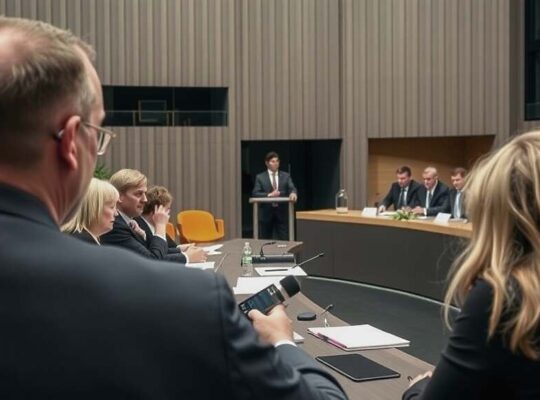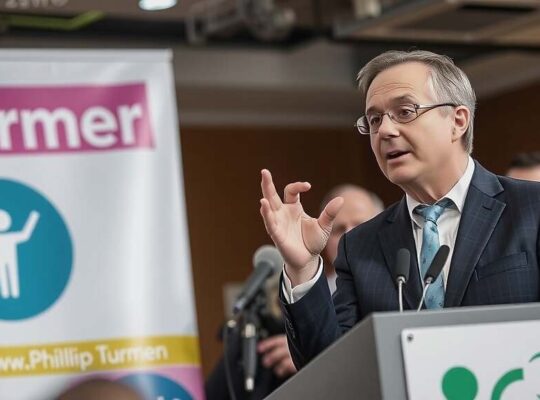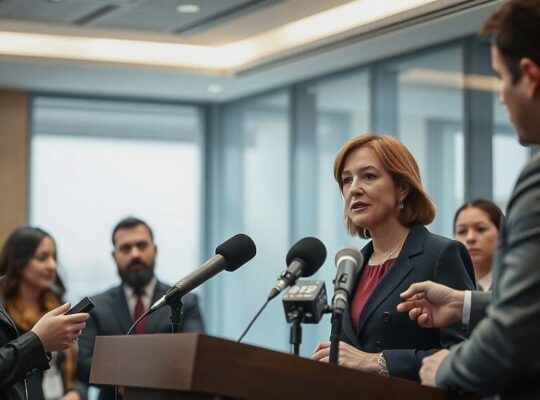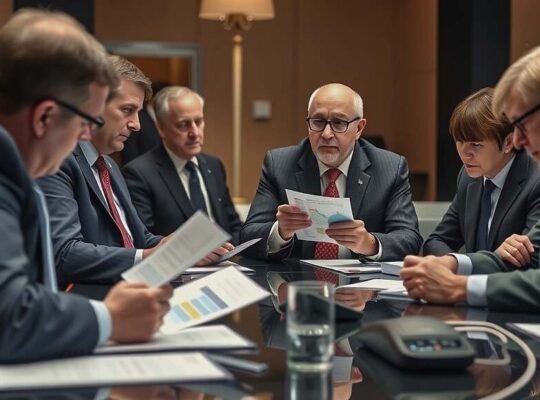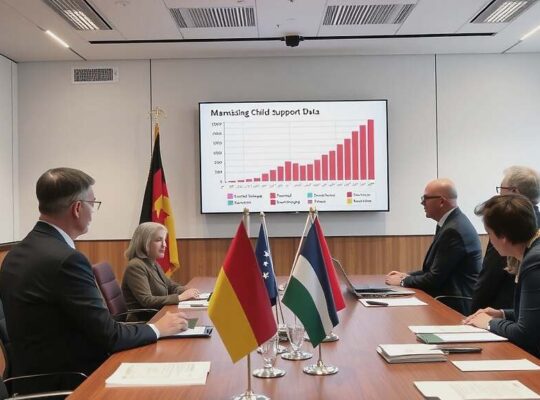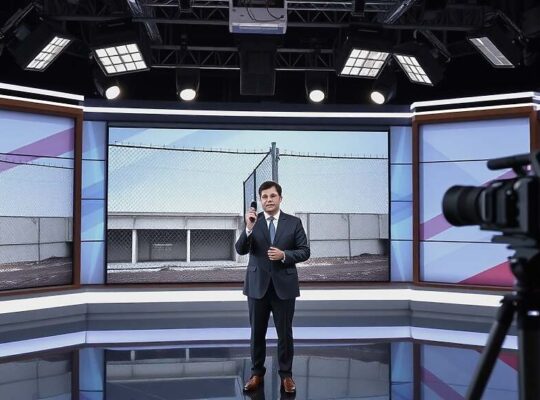The founder of the Christian children and youth organization Arche, Bernd Siggelkow, is launching a scathing critique of German political inaction regarding child poverty, accusing policymakers of failing to implement effective strategies and exacerbating existing inequalities. Speaking in a recent podcast, Siggelkow expressed disillusionment, recalling the introduction of the poverty and wealth report in 2001 with initial optimism, an optimism now utterly extinguished. “The numbers have tripled despite declining birth rates” he stated, highlighting the stark contrast between Germany’s economic prosperity and its inability to address the growing crisis of child poverty.
Siggelkow’s organization, Arche, currently supports approximately 11,000 children daily, having worked with around 100,000 young people since its founding in 1995. He frames Arche’s success as a direct reflection of societal failure, a sobering assessment delivered with pointed criticism. He attributes the lack of political will to the perceived absence of electoral benefit. “Children cannot vote” Siggelkow declared, suggesting politicians only engage with the issue superficially for photo opportunities during election campaigns.
In a surprising turn, Siggelkow recently joined the Christian Democratic Union (CDU) and intends to run in next year’s Berlin state election, signaling a desire to influence policy from within the established political system.
The ongoing refugee crisis, he argues, has further complicated the situation, forcing Arche to increasingly assume roles traditionally fulfilled by the state, even providing German language instruction for the parents of the children they assist. He voiced concern that the resulting vacuum is allowing extremist parties to gain traction.
Critically, Siggelkow also links flawed integration policies to broader societal challenges. He highlighted the detrimental effect of concentrating refugee housing in already socially vulnerable districts, creating what he describes as “more and more firebreaks”. He pointed to the strain this has placed on schools, where teachers are now facing classrooms filled with children who do not speak German. “They should be distributed, rather than clustered together in subcultures that promote a specific ideology” he asserted, contrasting this with the successful integration models witnessed within Arche’s own facilities, where children from diverse backgrounds play and learn together. His comments pose a direct challenge to the government’s approach and underscore the urgency of a more equitable and effective strategy to address child poverty and integrate vulnerable populations.


